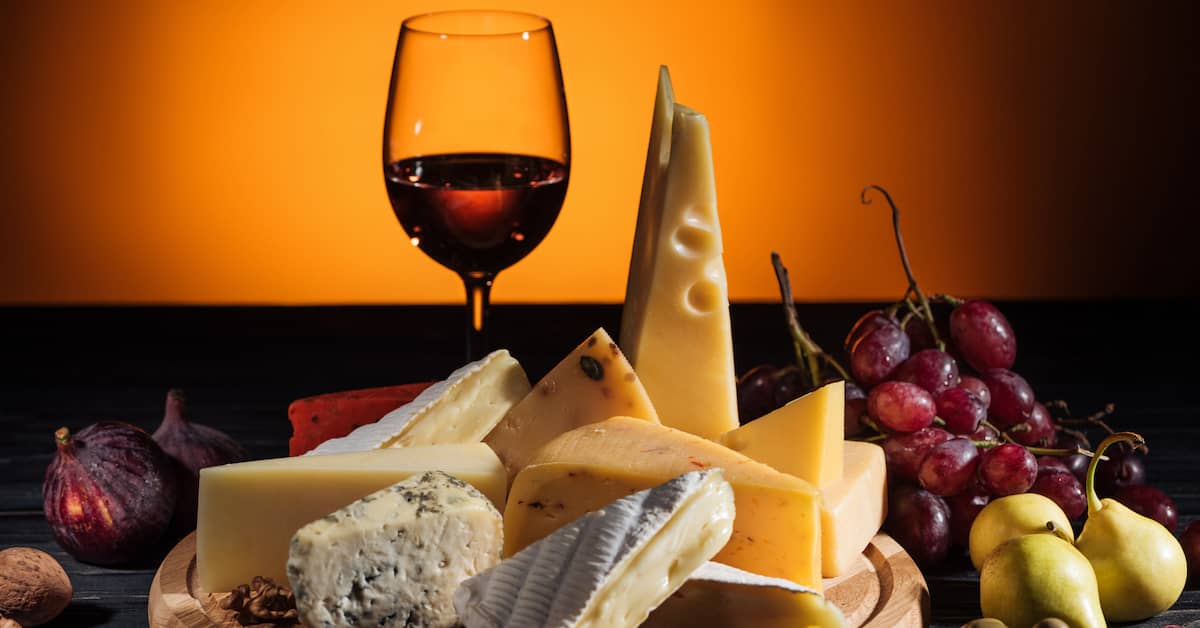
Say Cheese!
“Cheese, by far, was shown to be the most protective food against age-related cognitive problems, even late into life,” the study’s authors write. While the study didn’t offer any specifics when it came to the type or amount of cheese consumed by participants, a 2018 study suggests that dairy products – including cheese – are associated with lower rates of cognitive decline and better mental performance.2 That’s a fascinating finding. I never would have suspected. Milk products get so much bad press, and as for milk fat – well, don’t even talk about it. The authors of the new study write, “based on the current evidence, the regular intake of dairy products and their molecular or microbial components seems to have the potential to contribute to the prevention of dementia and cognitive decline.” The researchers posit that certain bioactive compounds found in fermented dairy products such as probiotics lower damaging inflammation in the brain. And that’s an important point. I suspect it’s not the milk but the microbes in fermented milk products that are yielding the benefits. But before you start heating up the fondue pot, consider that the researchers don’t advise folks to pig out on cheese to improve brain power. In fact, the Iowa State University study doesn’t exactly show cause and effect at all. It shows a correlation – the two phenomena were found side by side, but we can’t be sure one caused the other. What’s more, we also know that cheese is often paired with refined grains and saturated fat from red meat, like cheeseburgers or pepperoni pizza. Studies suggest these foods can promote unhealthy inflammation that may speed cognitive decline.3The Right Way to Enjoy Wine
Researchers also examined the benefits of wine and wrote, “The daily consumption of alcohol, particularly red wine, was related to improvements in cognitive function.” Now here’s where I think the study gets a little fuzzy. Among these participants, folks experienced cognitive improvements while drinking as much as a bottle of red wine daily. Yes, you read that correctly. But before you start gulping down wine with wild abandon, consider these caveats from Auriel Willette, the study’s lead author. “The individuals we observed benefitting from up to a bottle a day were probably drinking very modestly throughout the day and always with food,” Dr. Willette said in an interview. He notes that drinking with a meal is helpful because food helps the wine stay in your stomach longer, allowing the alcohol to absorb more slowly. However, he emphasizes that excessive drinking patterns are associated with other health problems. Red wine, in moderation, has long been thought of as heart healthy. Certain substances in red wine, such as resveratrol, may help prevent coronary artery disease, the condition that leads to heart attacks.4 In a nutshell, if you’re not a daily drinker, don’t start. However, if you do drink from time to time, red wine is a good choice. And always drink with or just after a meal. We’ve written about alcohol extensively in all our publications that deal with cancer and brain health and general anti-aging strategies. In my view anything more than a glass a day is excessive. One or two glasses at a time, a couple of times a week – with food – is more like it.What About Other Foods and Cognitive Decline?
Another takeaway from the Iowa State University study is that lamb proved beneficial to memory. The researchers wrote “weekly consumption of lamb, but not other red meats, was shown to improve cognitive prowess.” On the flip side, those individuals with excessive salt intake in their diets—such as you might get from too much processed food or restaurant food— may later suffer from poorer cognitive performance. The scientists published their findings in the Journal of Alzheimer’s Disease in 2020. I don’t consider it definitive in any way. It’s based on what people say they consumed – not the most accurate way of gathering data – and it’s based on shaky statistical relationships that may not be confirmed in further study. But it sure is interesting – especially the finding about dairy – and I hope to see other researchers examine these foods more rigorously.- https://www.sciencedaily.com/releases/2020/12/201210145850.htm
- https://www.ncbi.nlm.nih.gov/pmc/articles/PMC6073537/
- https://www.ncbi.nlm.nih.gov/pmc/articles/PMC5381339/
- https://www.mayoclinic.org/diseases-conditions/heart-disease/in-depth/red-wine/art- 20048281#:~:text=Red wine%2C in moderation%2C has,that leads to heart attacks
